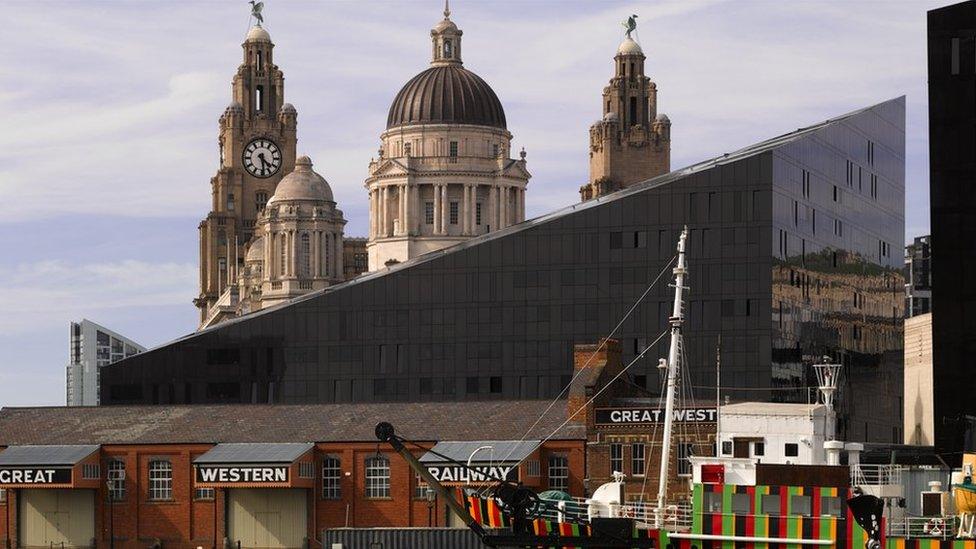Covid alert level: Greater Manchester 'fighting back' against Tier 3
- Published
Andy Burnham says his region is "being set up as the canaries in the coal mine" for the government's lockdown strategy
Greater Manchester is "fighting back for fairness" and will "stand firm" against government plans to move it into the highest level of Covid measures, the mayor has said.
Labour Mayor Andy Burnham said local leaders were "unanimously opposed" to the introduction of "flawed and unfair" Tier 3 rules.
But the health secretary said they must "set aside party politics".
Meanwhile, other parts of England will move into Tier 2 from Saturday.
Measures under Tier 3 - a very high alert level - include pub closures and a ban on household mixing indoors, in private gardens and in most outdoor venues.
Mr Burnham said they would amount to a "punishing lockdown" without "proper support" for the people and businesses affected.
Ministers "are asking us to gamble our residents' jobs, homes and businesses and a large chunk of our economy on a strategy that their own experts tell them might not work," he told a press briefing.
"Greater Manchester, the Liverpool City Region and Lancashire are being set up as the canaries in the coal mine for an experimental regional lockdown strategy as an attempt to prevent the expense of what is truly needed."
He added: "This is an important moment. Greater Manchester will stand firm. We are fighting back for fairness and for the health of our people in the broadest sense."
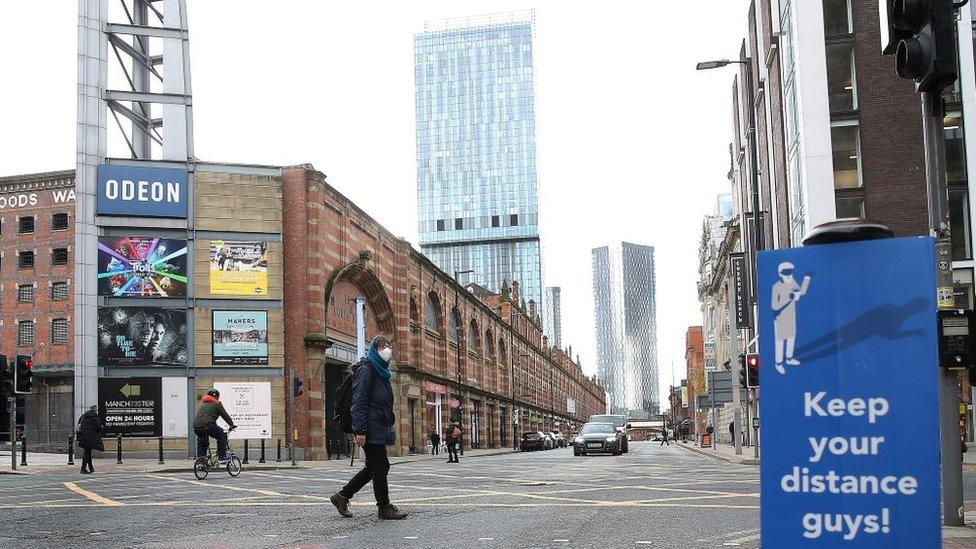
But Health Secretary Matt Hancock said local leaders should "set aside party politics" and work with the government, with cases rising "exponentially" in the north west of England.
"This is a time for people to come together so that we can control this virus," he said.
He added that an "unprecedented package of support" has been put forward, and that the government favoured a regional approach to restrictions because "there are different levels of virus in different parts of the country".
Earlier, he told MPs that discussions with local leaders "in Greater Manchester, in Lancashire, and elsewhere" were ongoing - including "what financial support is needed".


Andy Burnham and other leaders in Greater Manchester are clearly furious that more support isn't on the table for the area.
They are standing firm against the government's plans.
The decision here ultimately lies with central government - they don't need the agreement of local politicians.
But they desperately want it. Ministers have been stung by accusations they are treating the north of England differently to the south, and want to share some responsibility for extra measures.
At the moment, that seems some way off in Greater Manchester.
Discussions continue over whether Lancashire moves into Tier 3.
At the moment, local leaders are unsure over whether a final decision will be made tonight.

Under the chancellor's Job Support Scheme, which replaces furlough at the start of November, workers at firms told to shut because of coronavirus rules over the winter will receive at least 67% of their pay from the government.
However, leaders in Greater Manchester said they want an 80% furlough scheme for all affected workers, 80% income support for the self-employed and a "proper compensation scheme for businesses".
"They have said there's no money left, there's no money for them to put on the table. But, to be honest with you, I don't believe that for one second," Mr Burnham told reporters.
Asked whether he was concerned about the public health implications of not moving to Tier 3, he said local leaders "will take every step necessary" to stem the spread of Covid-19 and "wait for further engagement" with the government.


What are the different alert levels?
The new three-tier system sees every area of England classed as being on medium, high or very high alert - also known as Tiers 1 to 3, respectively.
Medium alert means areas are subject to the national restrictions currently in force, including the rule of six on indoor and outdoor gatherings and the 22:00 closing time for pubs, bars and restaurants.
In addition to these restrictions, in areas on high alert - including north-east England, much of the North West and parts of the Midlands, along with West and South Yorkshire - different households are not allowed to mix indoors.
Areas on very high alert - at present, the Liverpool City Region - face extra curbs, with different households banned from mixing indoors or outdoors in hospitality venues or private gardens.
People from different households can still meet in certain outdoor public spaces, such as parks, beaches, the countryside, forests, public gardens, allotments, outdoor sports facilities and playgrounds.
Pubs and bars will be closed unless they are serving substantial meals and there is also guidance against travelling in and out of the area.
Further restrictions may be agreed for particular regions in the top tier and in the Liverpool City Region gyms, leisure centres, betting shops and casinos have also been forced to close.

How will the new measures affect you? Do you have any questions about the restrictions? Share your experiences by emailing haveyoursay@bbc.co.uk, external.
Please include a contact number if you are willing to speak to a BBC journalist. You can also get in touch in the following ways:
WhatsApp: +44 7756 165803
Tweet: @BBC_HaveYourSay, external
Please read our terms & conditions and privacy policy
If you are reading this page and can't see the form you will need to visit the mobile version of the BBC website to submit your question or comment or you can email us at HaveYourSay@bbc.co.uk, external. Please include your name, age and location with any submission.
- Published15 October 2020

- Published15 October 2020
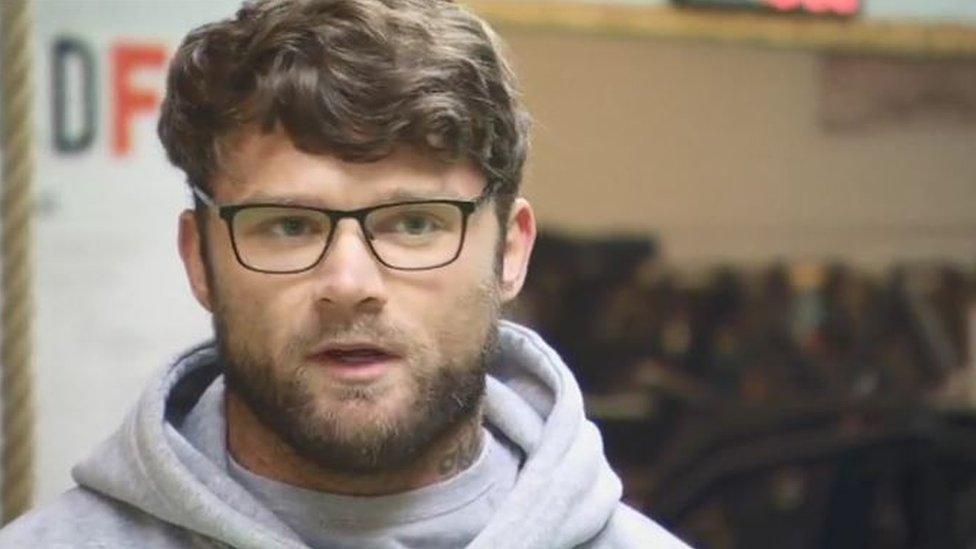
- Published15 October 2020
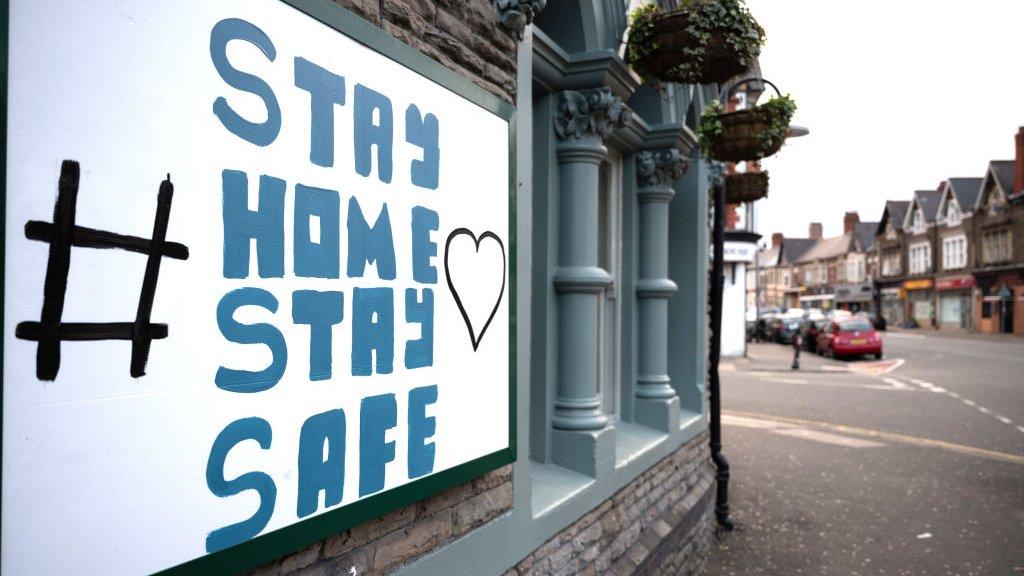
- Published26 January 2022
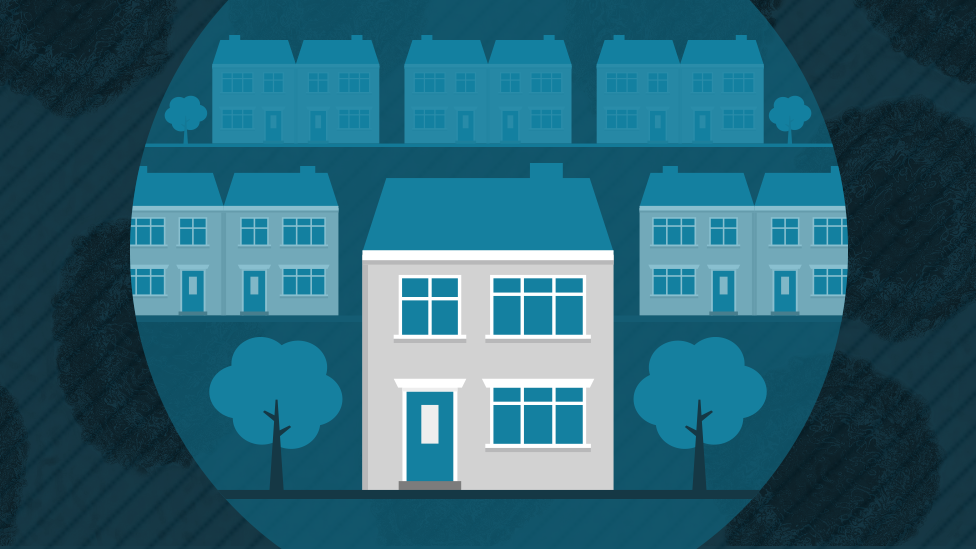
- Published1 July 2022

- Published21 October 2020
